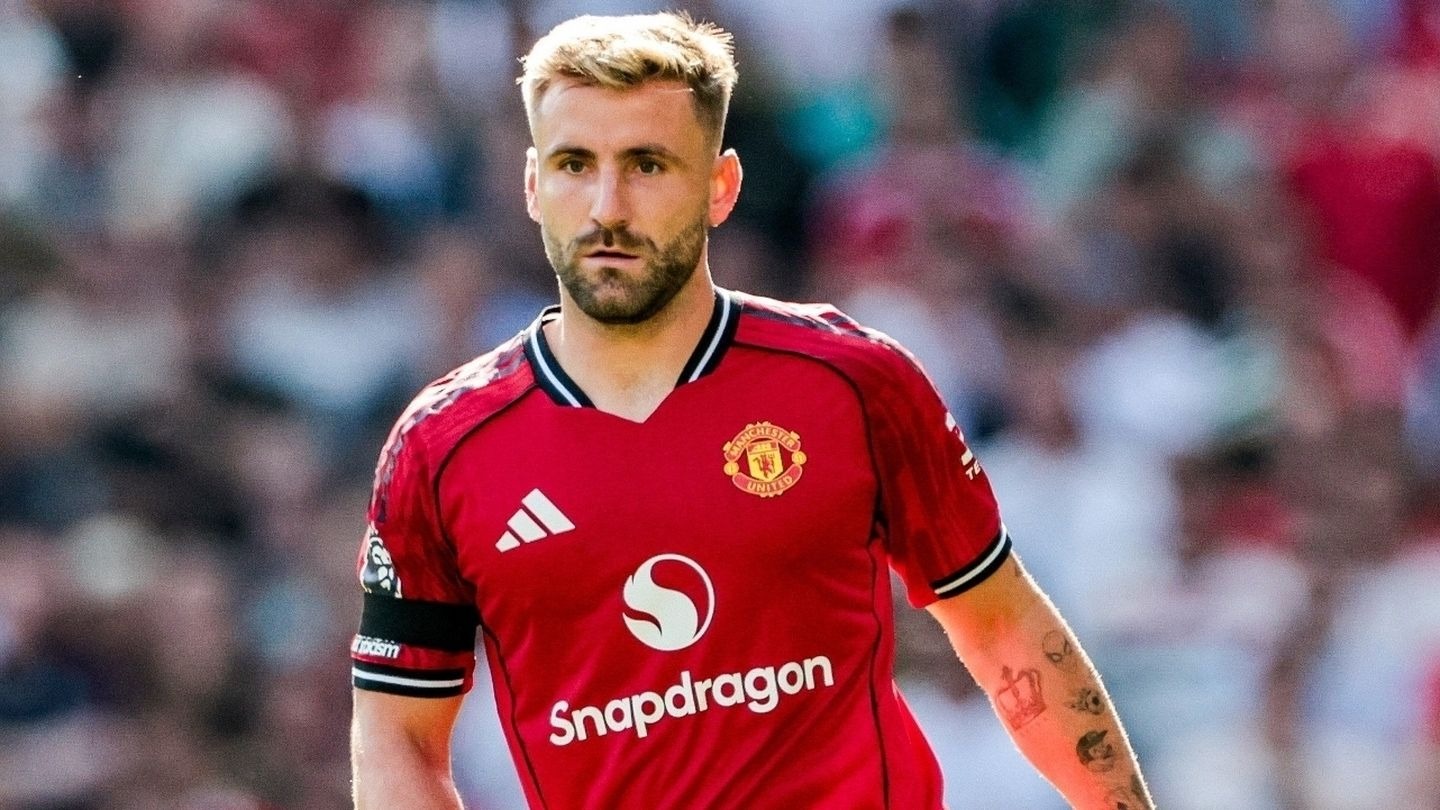Subtotal $0.00
Manchester United under pressure as Sunderland visit in high-stakes clash
Match context and stakes
The match arrives with Manchester United under pressure after a 3-1 defeat to Brentford. The result sharpens scrutiny on the manager, on squad balance, and on the club’s direction. This fixture is more than three points; it is a barometer for where United stand in the short term and where they hope to be by spring. The home advantage adds expectation, and fans crave a swift, credible response. The Guardian and SI frame the clash as pivotal: an early positive response could stabilise belief, while anything less could deepen debate about leadership and strategy. The Guardianf notes the drama surrounding this match, underscoring that momentum matters now more than ever. BBC Sport also highlights tactical questions that will define the encounter. As kickoff approaches, observers will watch for balance in midfield, attacking efficiency, and defensive organisation under pressure.
The stakes extend beyond three points. A strong home performance would signal a reset and a potential turning point in the season.
United’s form and managerial pressure
Manchester United have faced scrutiny as results have fluctuated. The run of form has invited questions about squad rotation, the tempo of play, and the effectiveness of tactical plans. The manager faces the challenge of recalibrating a squad with pedigree but recent inconsistency. The immediate task is simple in theory: stabilise midfield control, sharpen the attack, and maintain defensive discipline. In practice, it requires a clear plan and sharp execution, especially at home where expectations are highest. The Guardian and SI have both highlighted how the club needs a timely facelift in approach and mindset. Manchester United under pressure will look to the captain and senior figures to set the tone and to push the younger players toward consistent contribution.
Selection decisions will send a message about intent. If the lineup prioritises balance and pressing without overextending, it could signal a mature path forward. If not, the narrative will remain quick to pivot toward leadership questions and long-term planning.
Sunderland’s underdog challenge
Sunderland arrive as underdogs, but they carry clear intent: frustrate, counter, and exploit any lapse. The visitors are likely to adopt a compact shape, absorb pressure, and hit with pace on the break. They will lean on discipline and quick transitions to test United’s defensive organisation. The challenge for Sunderland is twofold: remain compact for long spells and ensure efficiency in front of goal when chances arise. If they can disrupt Manchester United under pressure in the opening minutes, confidence could grow and the complexion of the game could shift. A positive result would be a significant statement for a club aiming to punch above their weight this season.
Observers expect Sunderland to target space between United’s midfield and defence, exploiting any over-rotation or miscommunication. Their plan is simple but effective: limit risk, stay compact, and execute swift counters when the opportunity appears.
Tactical outlook and possible scenarios
The tactical battle will centre on balance and tempo. United will look to regain control through a steadier midfield and quicker ball movement in the final third. The key will be reducing space for Sunderland in the middle, while ensuring full-backs support the attack without leaving gaps at the back. A controlled start could help United build rhythm and confidence, easing the pressure on the execution of attacking moves. Premier League analysis suggests that the team with more tempo and smarter transitions will dictate the game’s flow. The opening exchanges may decide whether United can reassert themselves quickly or invite a tense contest that favours the underdogs.
Possible scenarios range from United asserting early dominance and shipping in goals, to Sunderland catching them on the break and forcing a nervy finish. A calm, well-executed performance would likely defuse the immediate pressure and reset conversations around the season’s trajectory.
Key players and matchups
For United, the onus will fall on the senior figures to set the tempo: a reliable command in midfield, clinical finishing, and disciplined marking at the back. The players who can make the difference include veterans who can stabilise the game and forwards who can convert chances with clinical precision. Sunderland will rely on pace and sharp counters from their wingers and a poacher’s instinct in the box. The clash between United’s central midfield and Sunderland’s quick forwards will be decisive. Winning the midfield battle could unlock the forward line and create goalscoring opportunities more frequently.
In matchups to watch, the duel between United’s centre-backs and Sunderland’s strikers could set the tone. Also pivotal will be the creative spark in the wider areas, where quick transitions can decide whether the game opens or remains tight. The individual duel where pace, strength, and anticipation meet will likely define the outcome.
Implications for the season
A win would calm rising tensions and reset momentum. It would provide a platform to build, validate the manager’s plan, and re-energise the squad. Conversely, a disappointing result risks amplifying drama around leadership and long-term strategy. The result could influence confidence in the squad, the approach to upcoming fixtures, and the pressure on decision-makers at the club. The significance goes beyond three points; it acts as a gauge for the season’s trajectory and the potential to recover quickly from adversity. Manchester United under pressure will be judged not only by this game but by how the team translates a positive performance into consistent results in the weeks ahead.
As fans and pundits dissect the outcome, the broader message will be about resilience and direction. A strong response could renew faith in the project, while a stumble might spark discussions on coaching, recruitment, and the path forward for Manchester United under pressure.



